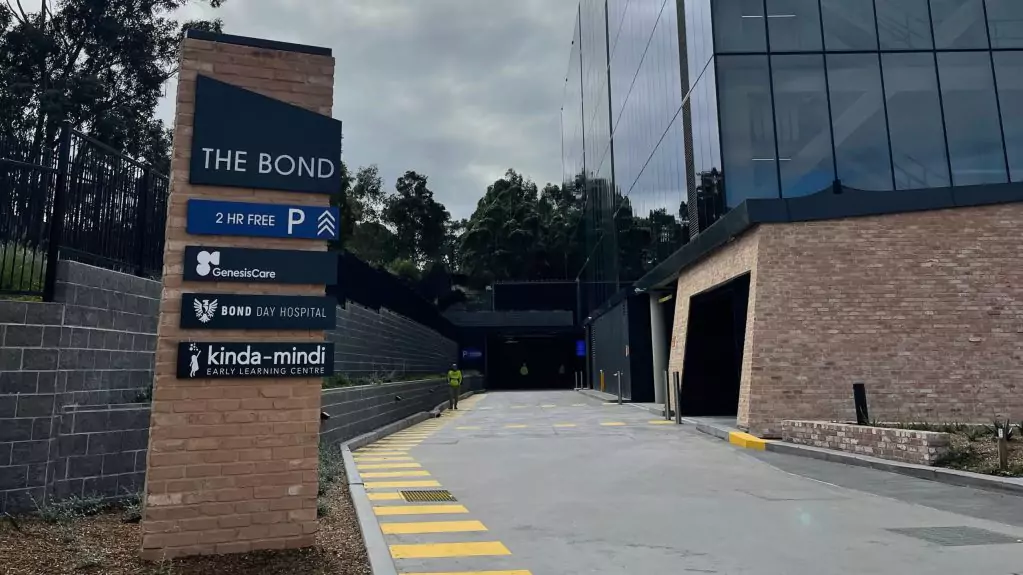
The ATO has made changes to fringe benefit tax (FBT) and car parking, and as of 1 April 2022, many more employers will find themselves liable for car parking FBT.
The ATO has widened the scope of FBT car parking benefits
In June 2021, the ATO released Taxation Ruling TR 2021/2, which outlines changes to the Commissioner’s view about when the provision of employee parking is considered a car parking fringe benefit for FBT purposes. These changes have been in the works for several years, but now the final ruling has been issued, they will come into effect on 1 April 2022.
What does it mean for employers?
It means that the ATO is taking a more rigorous approach to FBT interpretation, and many more employers will find themselves subject to FBT on the provision of car parking to their employees.
This is because the ruling tightens up the definition of ‘commercial car parking facilities’. Certain car parks, including some shopping centre, airport, university, hospital, hotel, and long-term car parks that were previously not defined as commercial parking stations under the old ruling, may now be considered commercial car parking facilities.
The new ruling includes almost all car parks that charge a fee for all-day parking above the car parking threshold (which, for the FBT year ending 31 March 2022, is $9.25 per day), even if the car park’s primary purpose is not to provide all-day parking. For example, the main intention of a hospital car park may be to provide hourly parking, and even if its fees are so high as to discourage all-day parking, it could still be included as a commercial car parking facility under the new ruling.
Which employers will be affected?
The new ruling means that many more employers, including those outside CBDs, will now be subject to FBT on car parking, and employers will need to examine the new ruling carefully to work out if it applies to them.
The first step is to establish if you are providing a car parking fringe benefit for your employees. If your employee’s car is parked at one or more work car parks for a combined period of more than four hours between 7am and 7pm at or near their primary place of employment, and there is a commercial car park where the lowest all-day parking fee exceeds the car parking threshold ($9.25 per day in the FBT year ending 31 March) located inside a 1km radius of the work car park, then you are providing your employee with a car parking fringe benefit.
The major change comes with the new FBT definition of ‘commercial parking station’. A commercial car parking facility is now considered one that is permanent (excluding on-street parking) and, in the ordinary course of business, has at least one car space available to the public for paid all-day parking.
The ruling includes a two-stage test to help employers determine whether a car park can reasonably be considered a commercial car parking facility. Step one – if the car park is run by a car parking operator, it is considered a commercial car parking facility. This includes shopping centre or hospital car parks managed by (but not owned or leased by) a car park operator. If the car park is not run by a car park operator, the second stage of the test can be applied. If any two of these three characteristics apply to the car park, it is considered a commercial car parking facility.
- It has clear signage, visible from the street, advertising that paid parking is available.
- It has mechanisms, like boom gates, ‘pay and display’ ticket machines, or licence plate recognition functionality, to control who can enter, exit or park at the facility.
- It charges more than a nominal fee for paid parking. This includes charging a user for parking which is not all-day parking, for example, hourly parking.
It’s easy to see how under these parameters, many more car parks will be included in the commercial car parking facility definition, and thus, many more employers, especially those outside of major city centres, will find themselves liable for car parking FBT from 1 April 2022.
What should affected employers do?
The best thing impacted employers can do is start planning now. If you determine that your business will be affected by these changes, it’s important to get ahead of the game and start assessing and budgeting. This is the perfect time to invest in the kind of smart parking management system that can save you money at tax time.
The amount of FBT payable on a car parking space is based on how much it is used. If you can demonstrate, with accurate, thorough, real-time reporting, that parking utilisation is low, for example, while employees are working from home, you can reduce your FBT car parking burden. But in order to demonstrate this when FBT is due on 31 March 2023, that smart parking management system needs to be installed now so that you have a full year’s data to call upon.
DIVVY’s staff parking management solution features FBT reporting capabilities that have been given the tick of approval from Deloitte Private, who agree that using DIVVY’s reports can, in the relevant circumstances, result in a reduction to the car parking FBT payable. If your business is newly subject to FBT on car parking fringe benefits, we can help you manage the burden.
Get in touch with our sales team to discuss your staff parking reporting needs today.




